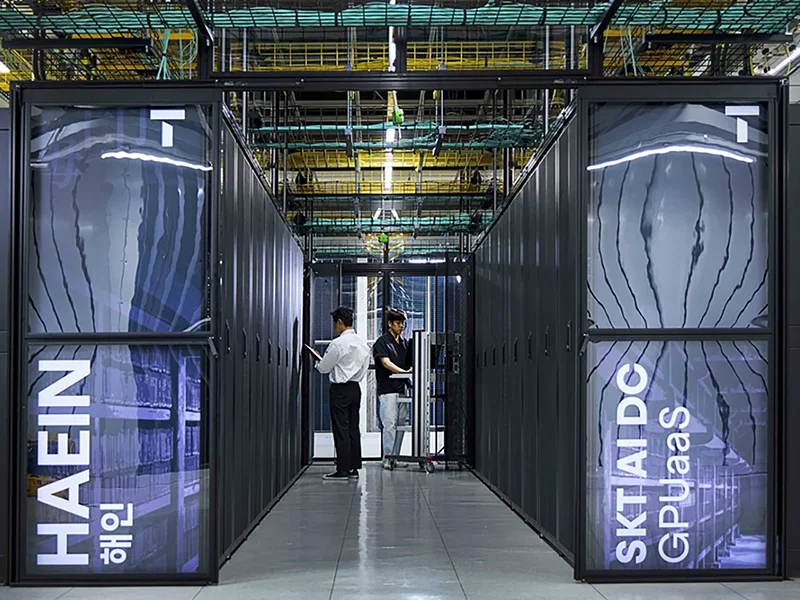AI & HPC Data Centers
Fault Tolerant Solutions
Integrated Memory

Fault Tolerant Computing
Integrated Memory
Advanced Serial Memory
DRAM Modules
Flash Storage
SMARTsemi®
Services
Accelerated Computing Expertise
Fault Tolerant Computing Expertise
Integrated Memory Expertise
Who We Are
With over two decades of experience as trusted advisors to our valued customers, Penguin Solutions is an end-to-end solutions provider helping solve complex challenges in computing, memory, and LED solutions.
Our Culture
ESG Impact
Investors
Additional Brands
Featured
Penguin Solutions Announces Second Generation Stratus ztC Endurance Fault Tolerant Computing Platforms
Stratus ztC Endurance Named “HPC Solution of the Year” in the Data Breakthrough Awards Program
Partner Program
Partner Portal
Where to Buy
Partner News
Penguin Solutions Signs Agreement with CDW Expanding Customer Reach for AI Infrastructure Offerings
Rebellions Partners on Strategic Collaboration Initiative to Advance Global AI Data Center Ecosystem

From mentorship programs to continuous learning, we create an environment where everyone can thrive, grow, and make a difference.
Explore open roles, connect with our talent community, and discover how your skills can help solve some of the world’s most complex challenges.
Stories That Shape Us

Max Marinovich
“Be ready to tackle challenges head-on and dive into the latest tech. You’ll grow fast and you’ll have a great time doing it.”

Catch up with Penguin Solutions’ latest press releases and recent media coverage.
Penguin Solutions accelerates digital transformation with the power of emerging technologies in HPC, AI, and IoT with solutions and services that span the continuum of edge, core, and cloud.



